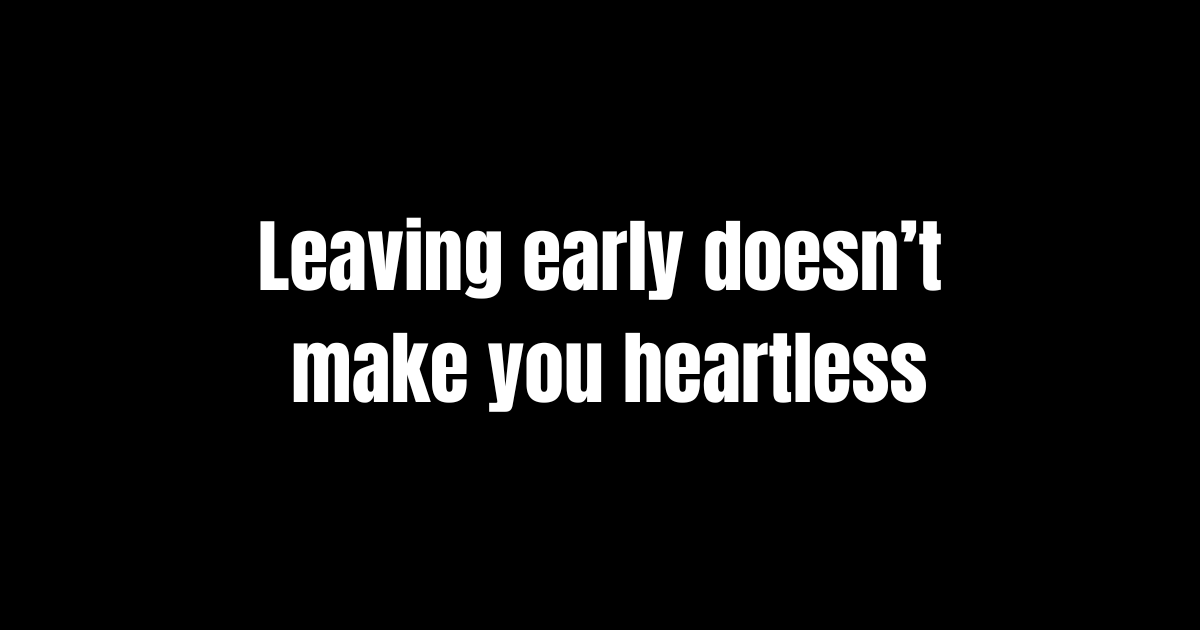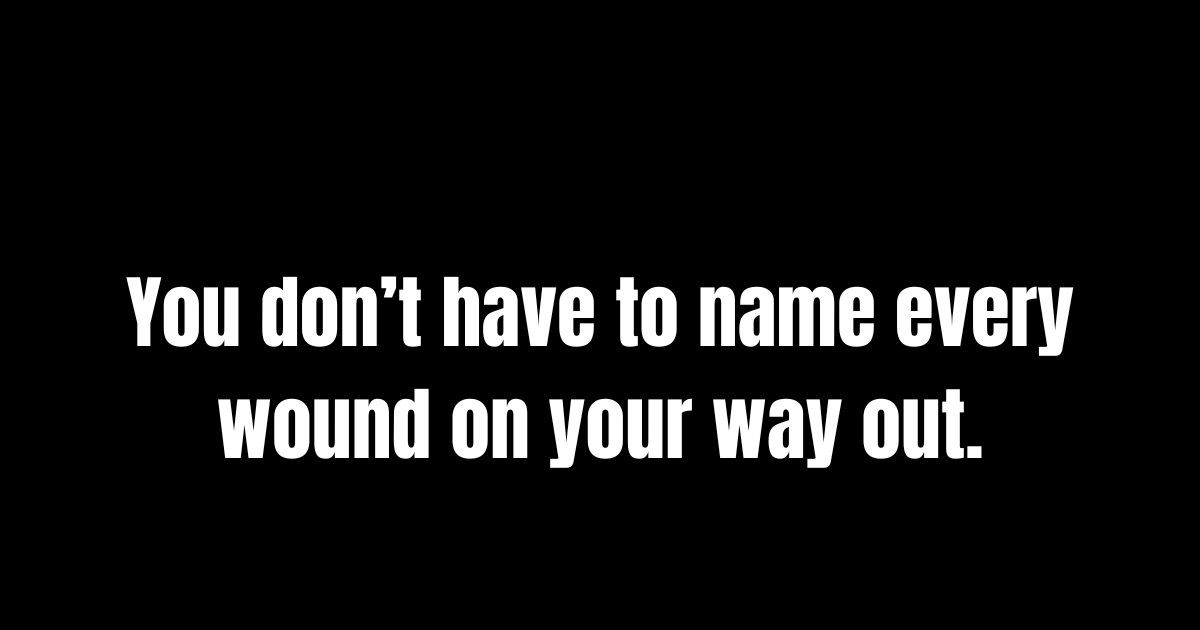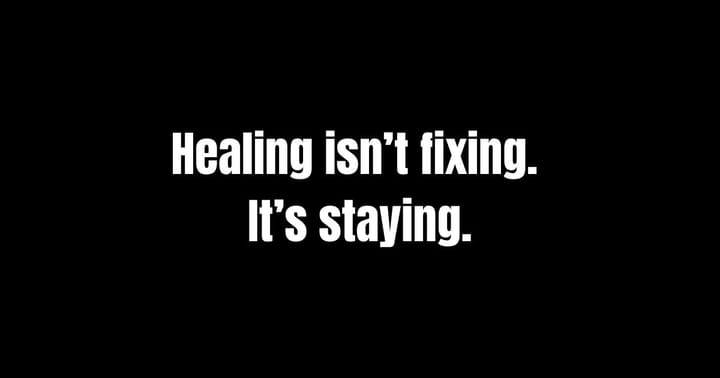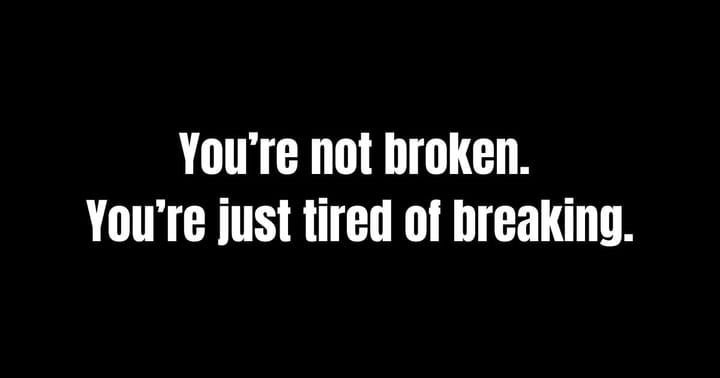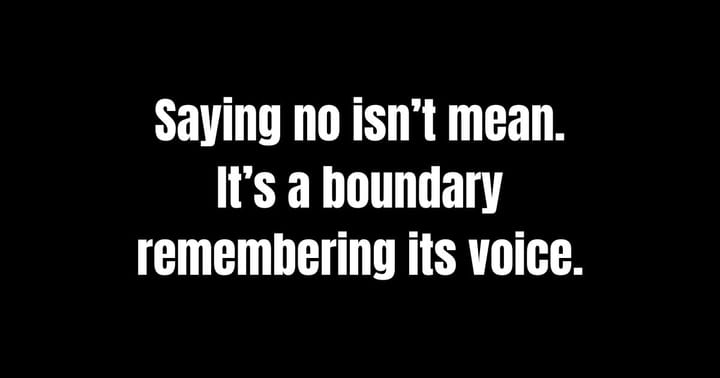Why Grieving Something You Chose Still Hurts
You made the choice. You knew it was right. So why does it still hurt? This post explores the quiet grief that comes after leaving something on purpose and why choosing to let go doesn’t mean you wanted the loss.
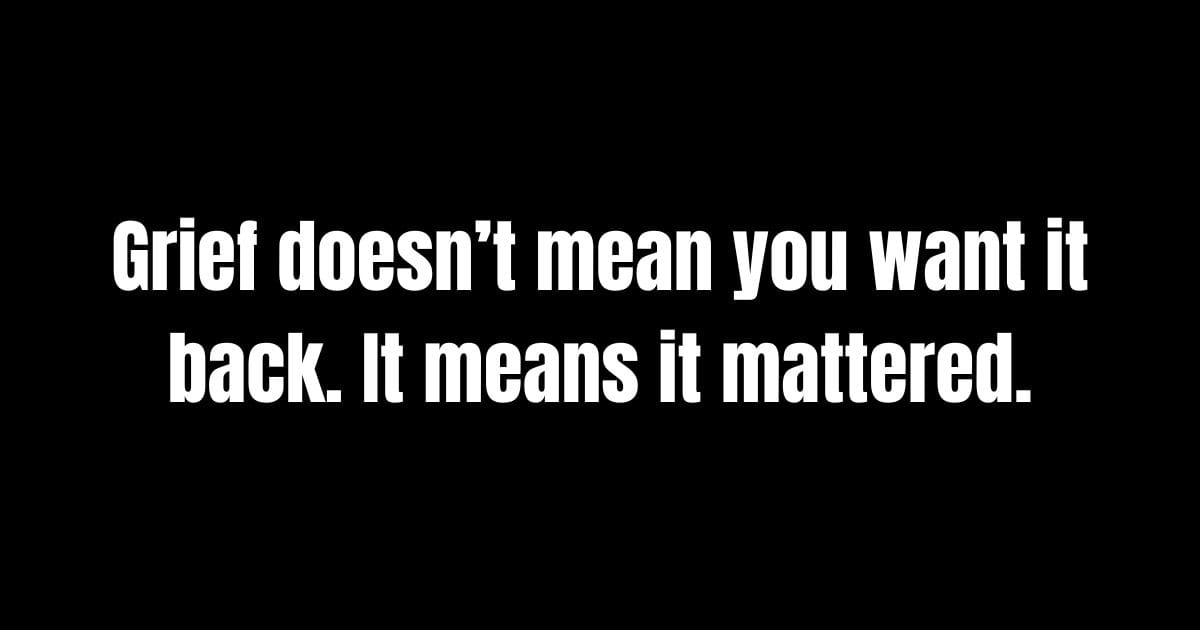
Why Grieving Something You Chose Still Hurts
(And How to Honour the Pain Without Second-Guessing the Decision)
You knew it had to end.
You weighed it.
You sat with it.
You didn’t walk away lightly.
And still you’re grieving.
Not just the person, or the place, or the role but the version of you that believed you could make it work.
That’s what no one tells you about conscious endings: the grief still comes.
Even when it was your decision.
Especially when it was your decision.
We Think Clarity Cancels Out Emotion
You made the right choice.
That doesn’t mean it was the easy one.
But people assume it should be.
They say things like:
“At least it was your call.”
“Well, you’re the one who left.”
“As long as you’re at peace with it.”
And you want to be.
You probably are, in the ways that matter.
But peace and pain can live in the same place.
You can feel grounded in your choice and still miss what it cost you.
You can feel grief without regret.
There’s a Grief That Lives in the Space Between What Was and What Could’ve Been
You’re not mourning what happened.
You’re mourning what almost did.
The future you imagined.
The person you were trying to become inside it.
The tiny moments that almost turned into something more.
You saw potential.
You built around it.
You waited, stretched, stayed soft.
But eventually, you realised staying would require you to keep abandoning yourself slowly, subtly, until you stopped recognising your own voice.
So you left.
And even though you knew it was time,
you still wake up some mornings with that ache behind your ribs.
The ache of having chosen truth over comfort.
Choosing to Leave Doesn’t Mean You Didn’t Love It
Sometimes the most painful endings are the ones you walked into with your eyes open.
Because you still cared.
You still tried.
You still wanted it to work, until you couldn’t want it anymore without hurting yourself.
So you closed the door.
Not out of anger.
Not to teach a lesson.
Just to honour the part of you that finally said,
I can’t keep doing this.
And that kind of ending doesn’t come with clean relief.
It comes with waves.
Grief.
Relief.
Sadness.
Resolve.
And then grief again.
Letting Go On Purpose Is Still a Loss
You didn’t lose it by accident.
You set it down.
You said no.
You stopped carrying something that was too heavy, even if a part of you loved it.
That’s a different kind of pain.
It doesn’t scream.
It lingers.
It shows up in the moments you don’t expect when you hear a song, see their name, catch yourself about to reach out before remembering why you don’t anymore.
And the ache hits harder because you can’t blame anyone else for it.
But that doesn’t mean you made the wrong choice.
It just means it mattered.
Grief Isn’t Proof You Should Have Stayed
It’s proof that you felt something.
That you were all in.
That it was real even if it wasn’t sustainable.
There’s no clean formula for endings.
You can’t logic your way out of pain.
You can only feel it.
Hold it without rushing it.
Let it pass through without trying to rewrite the decision that brought it.
Grief doesn’t mean you want it back.
It means you’re honouring what it took to let it go.
Watch Next:
Notes to Self:
If this sits quietly in you, we send one like it weekly.
Read Next:
